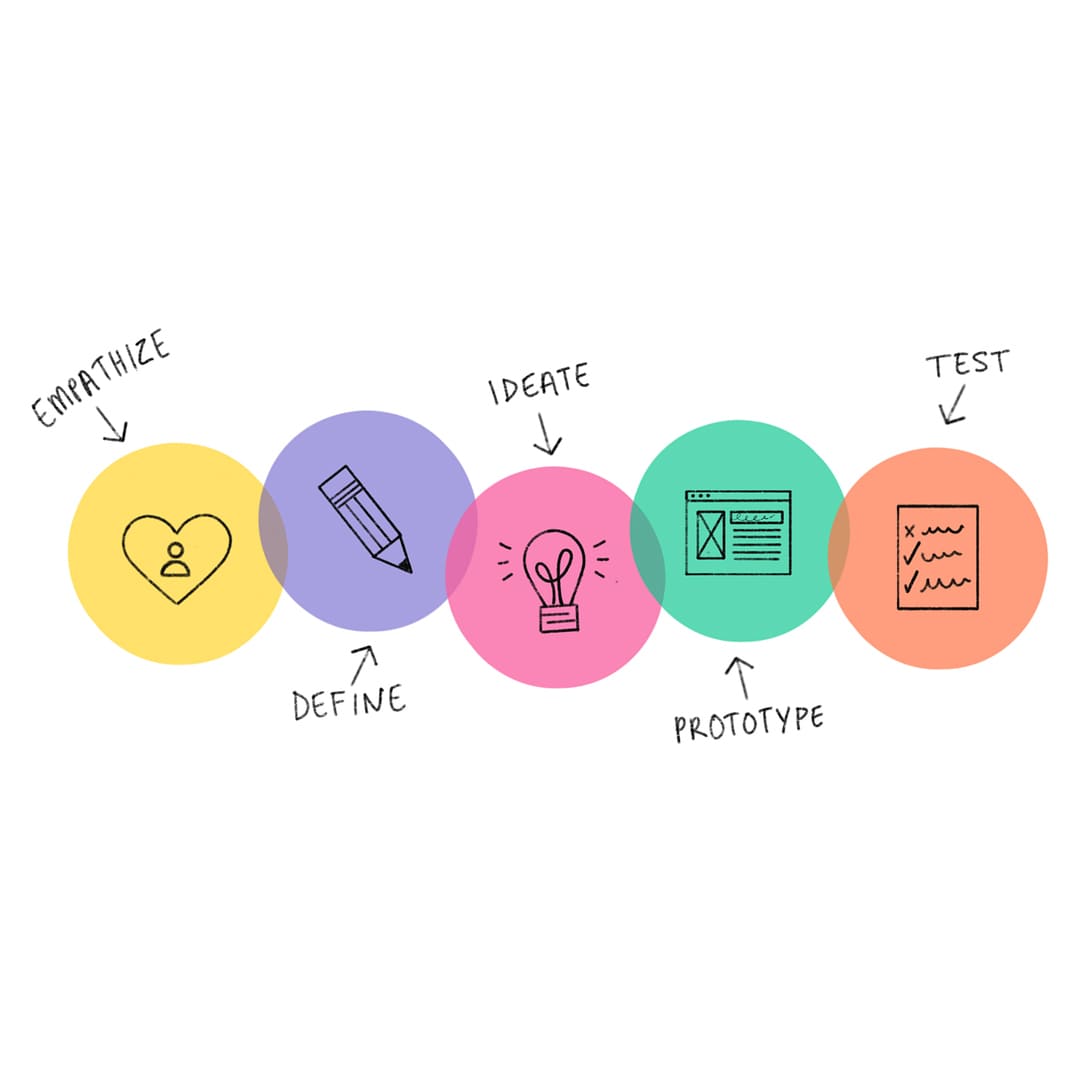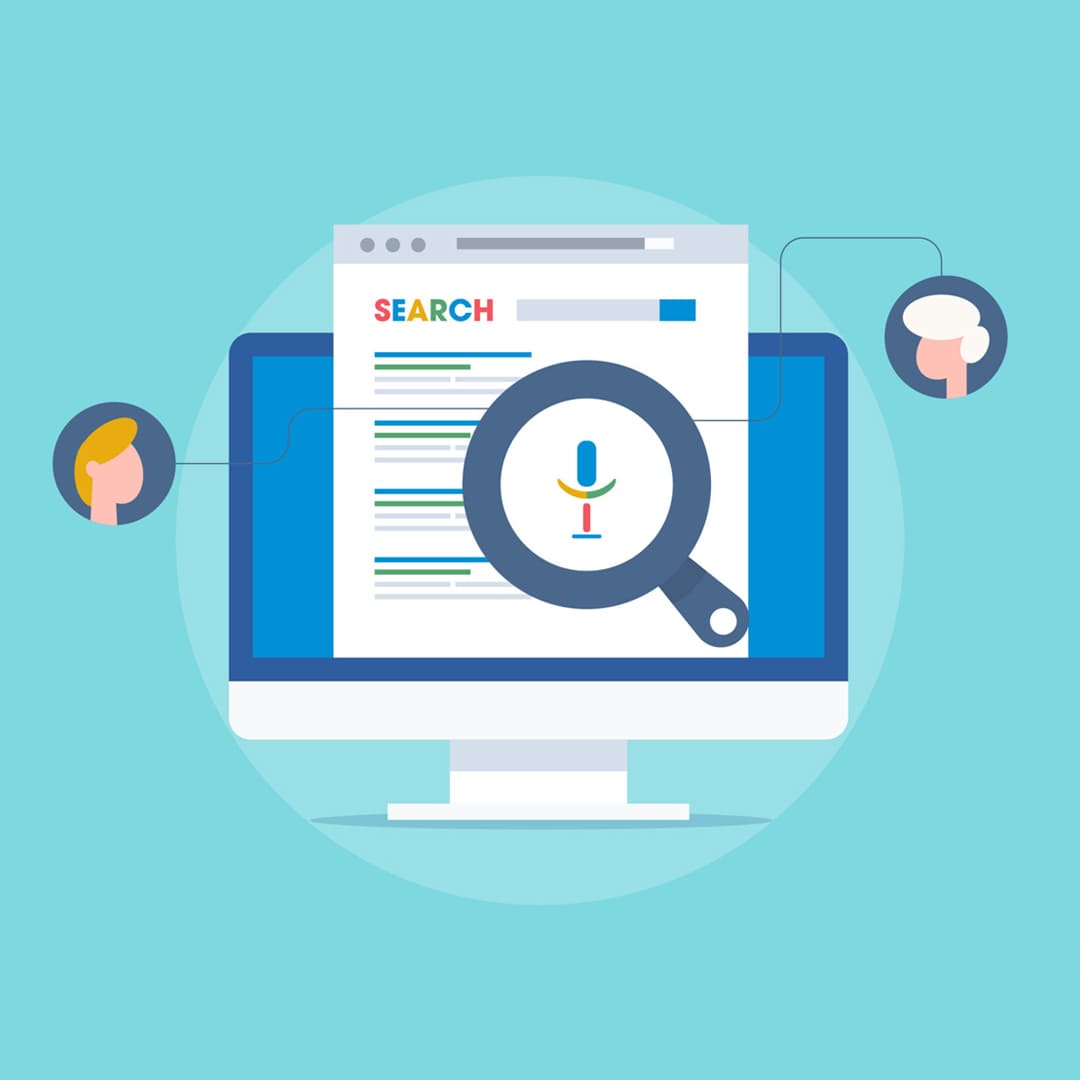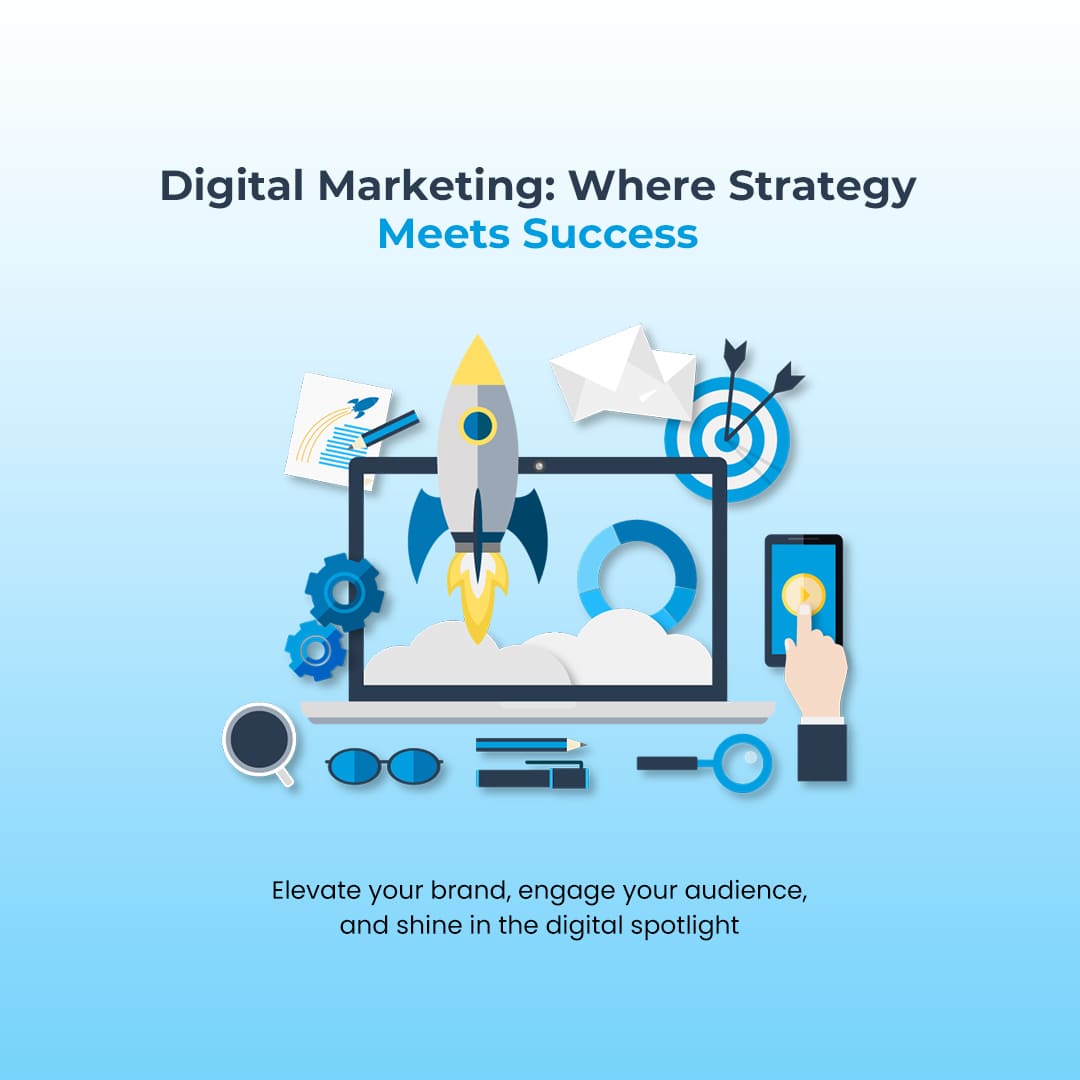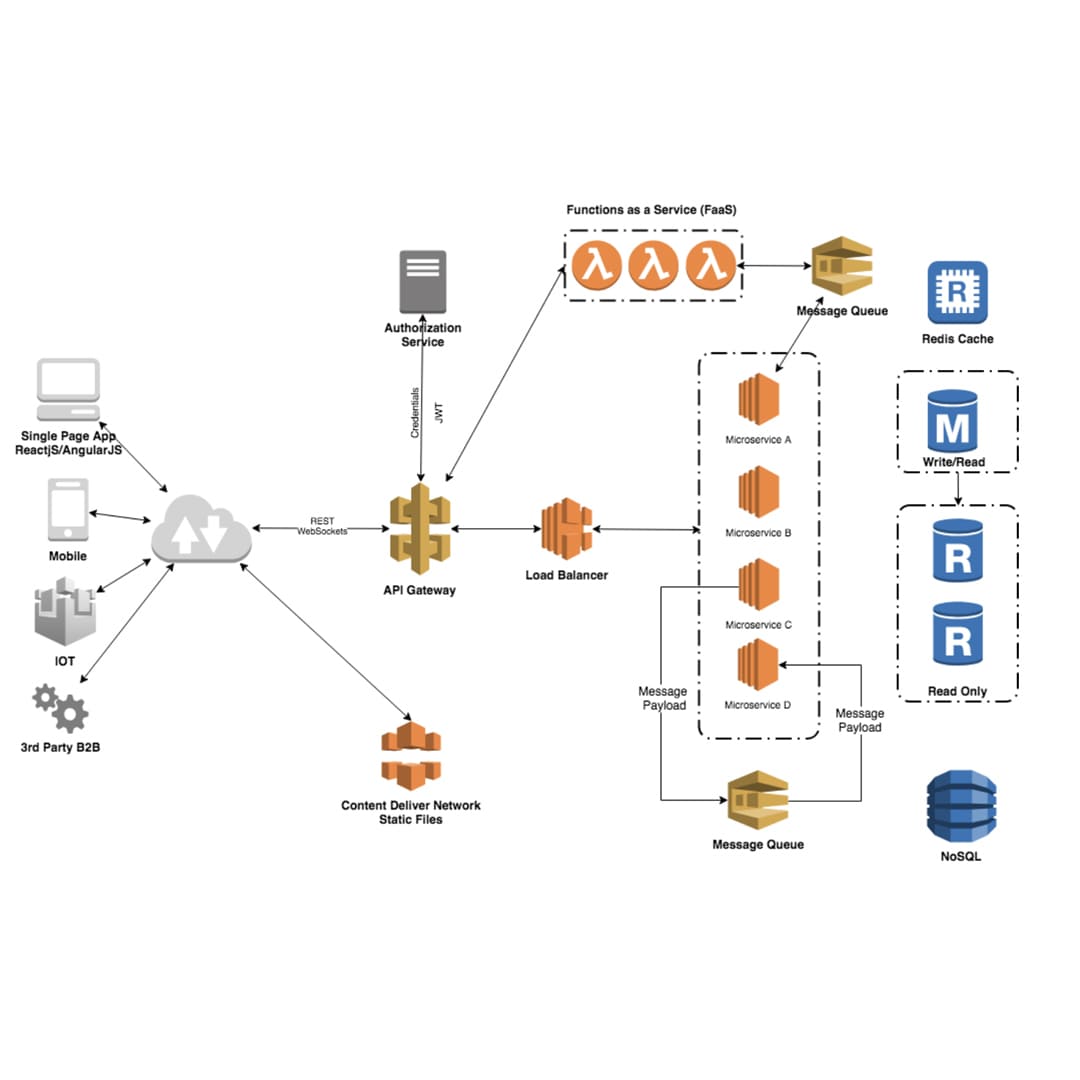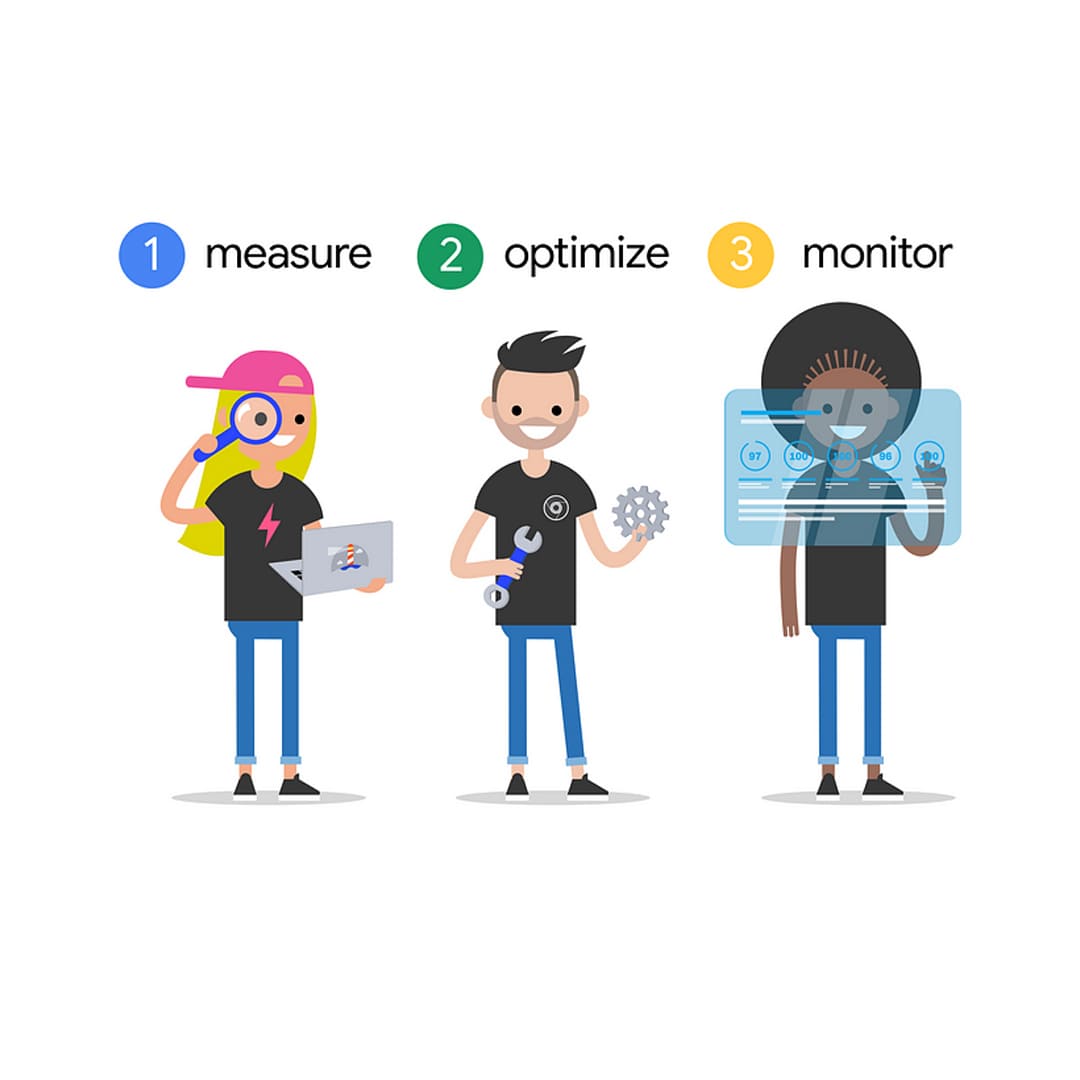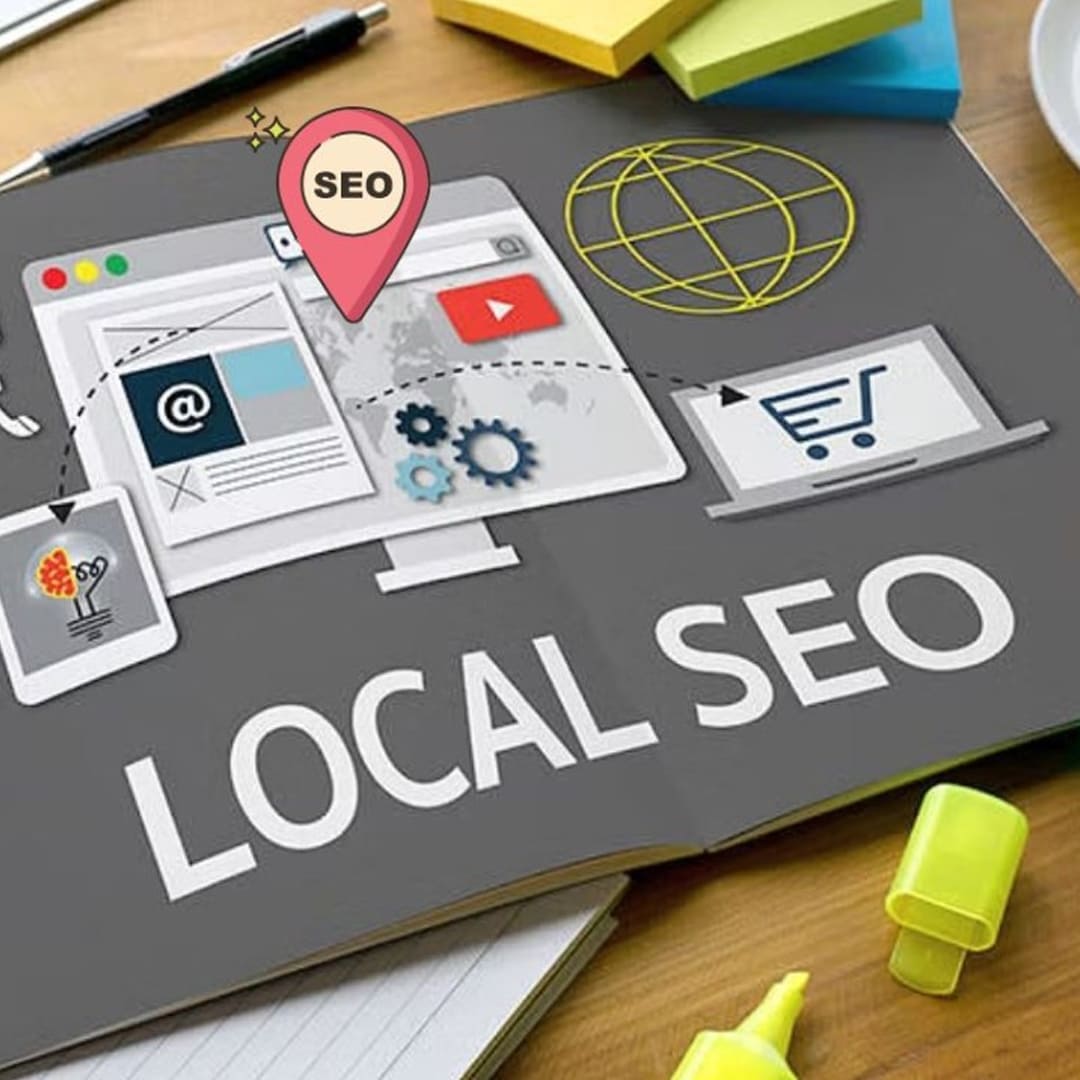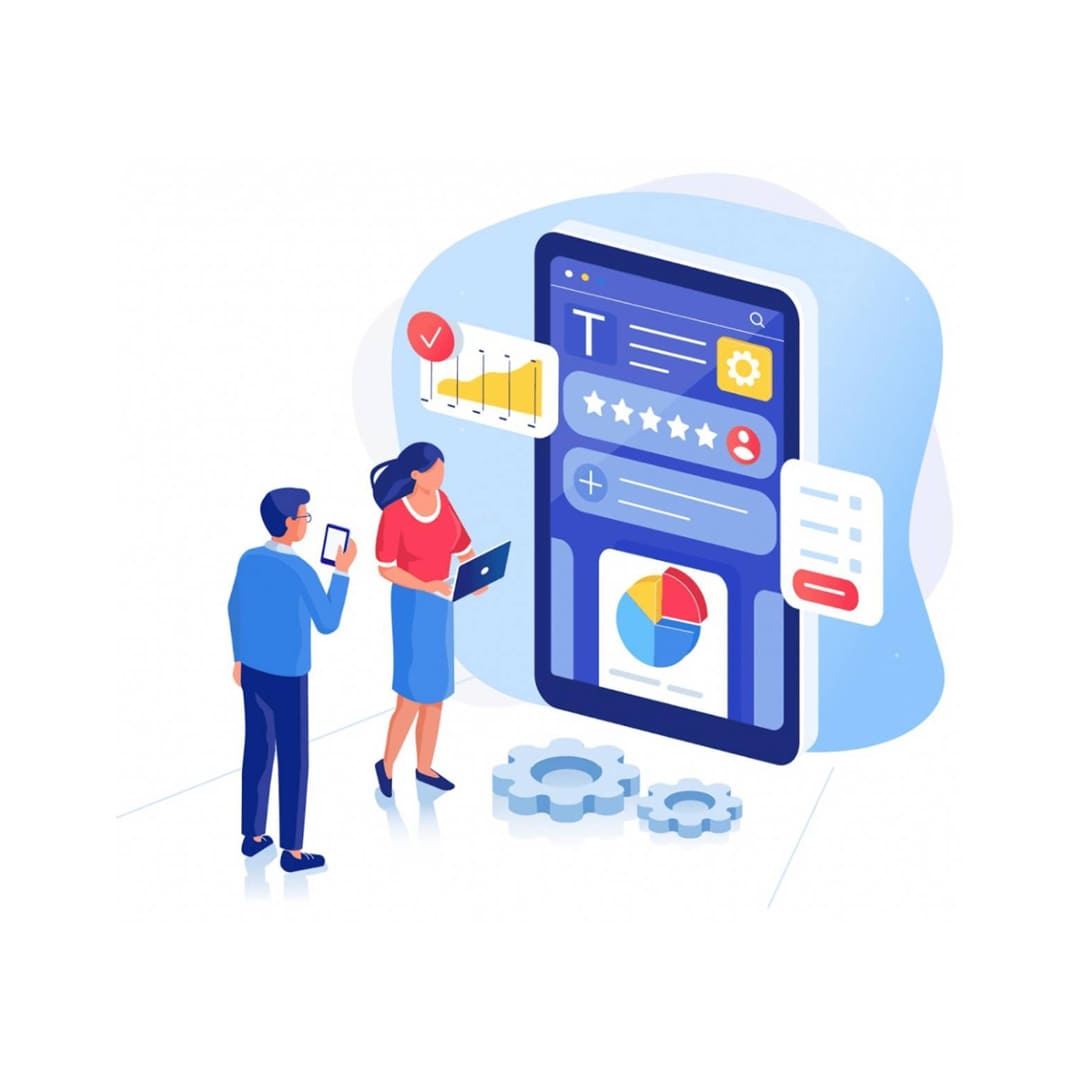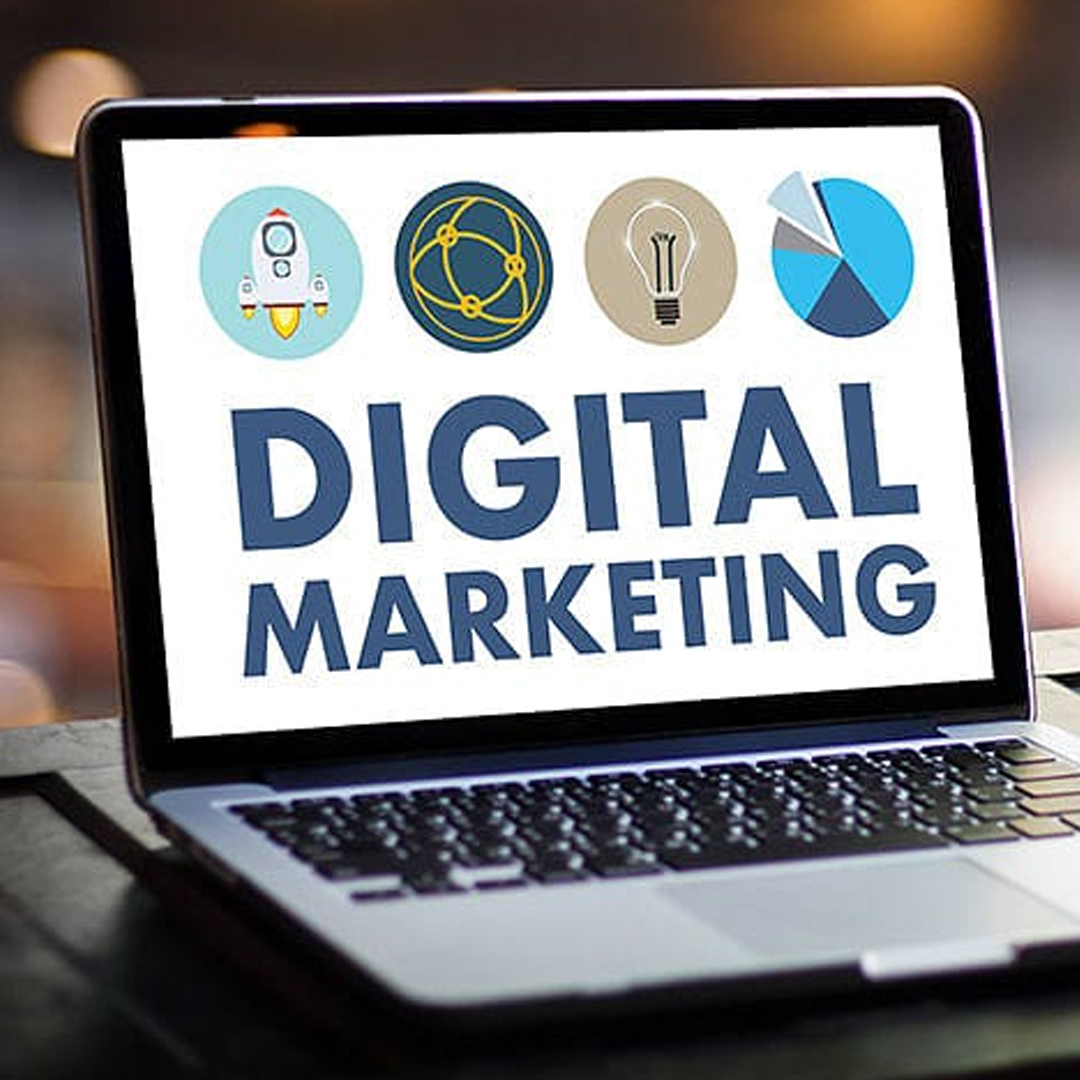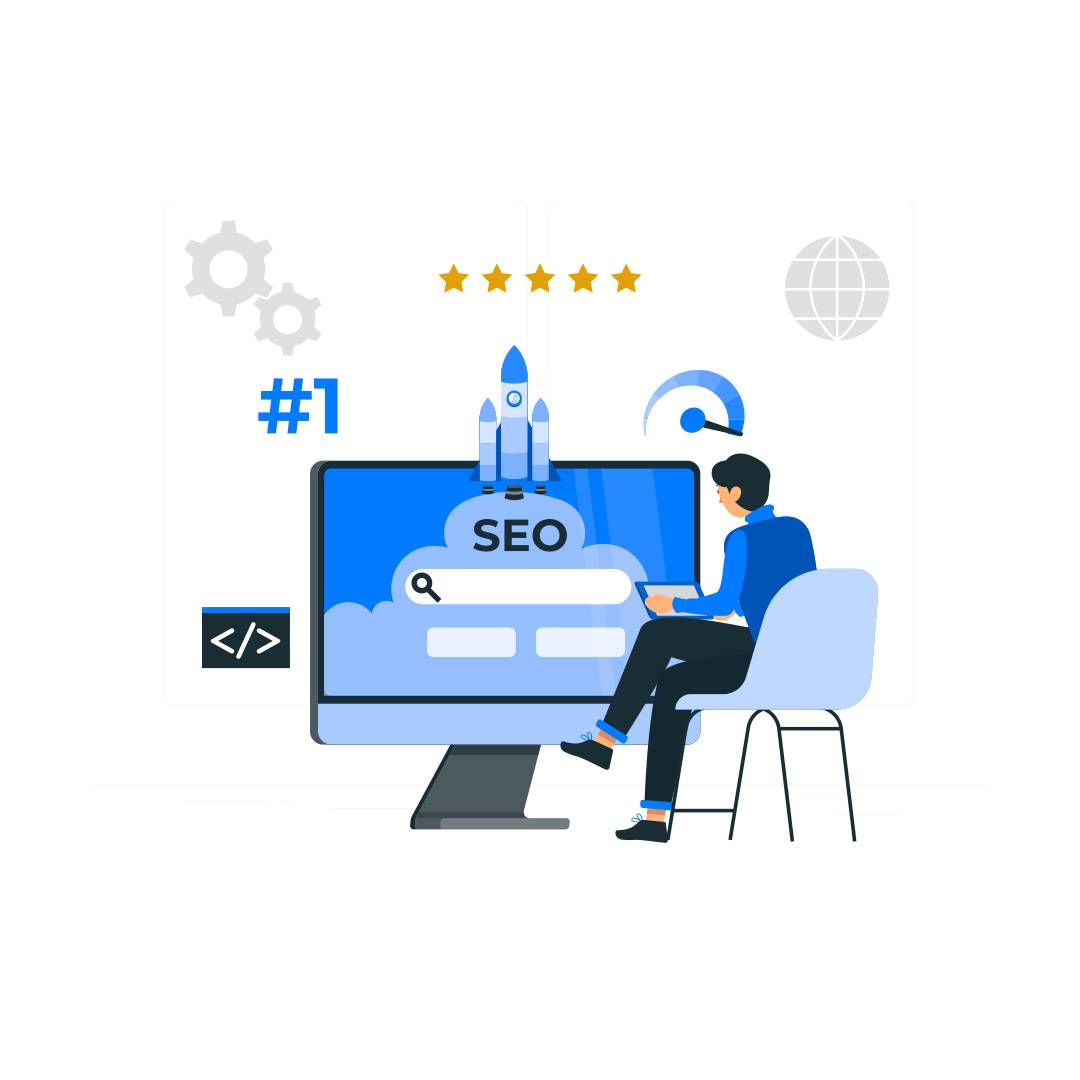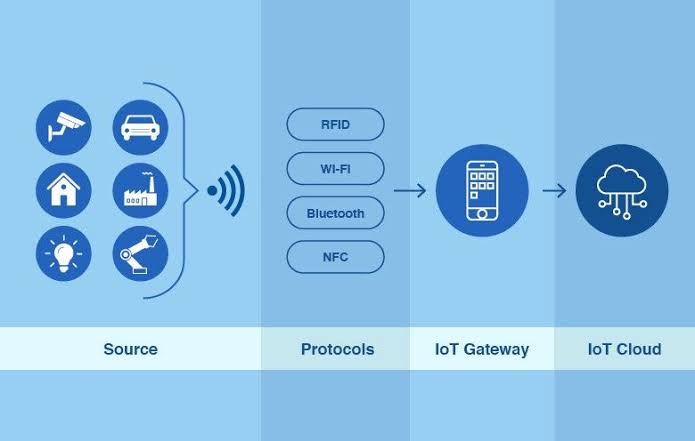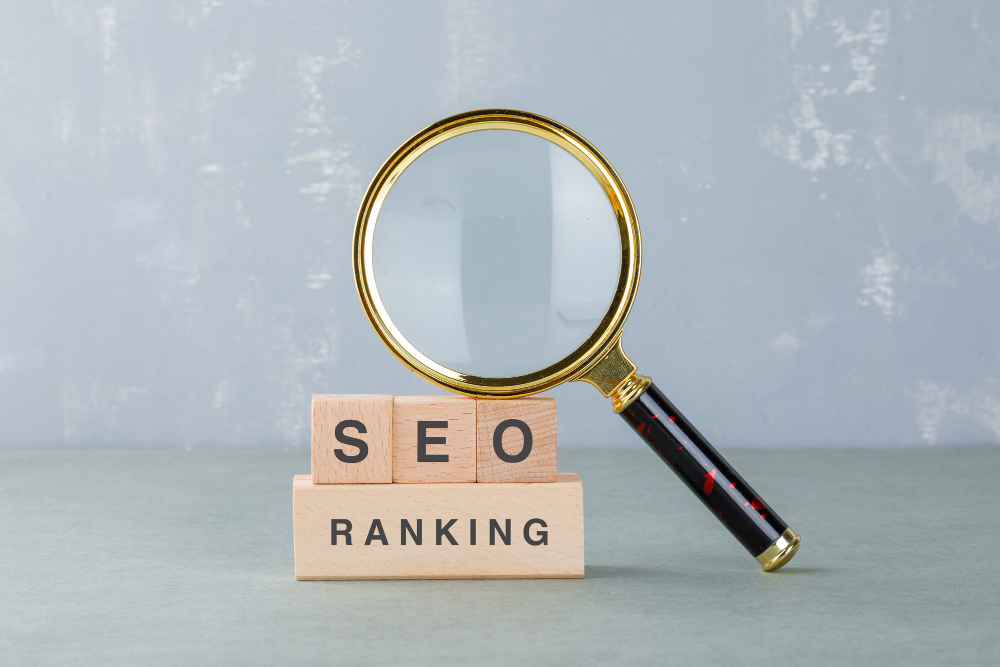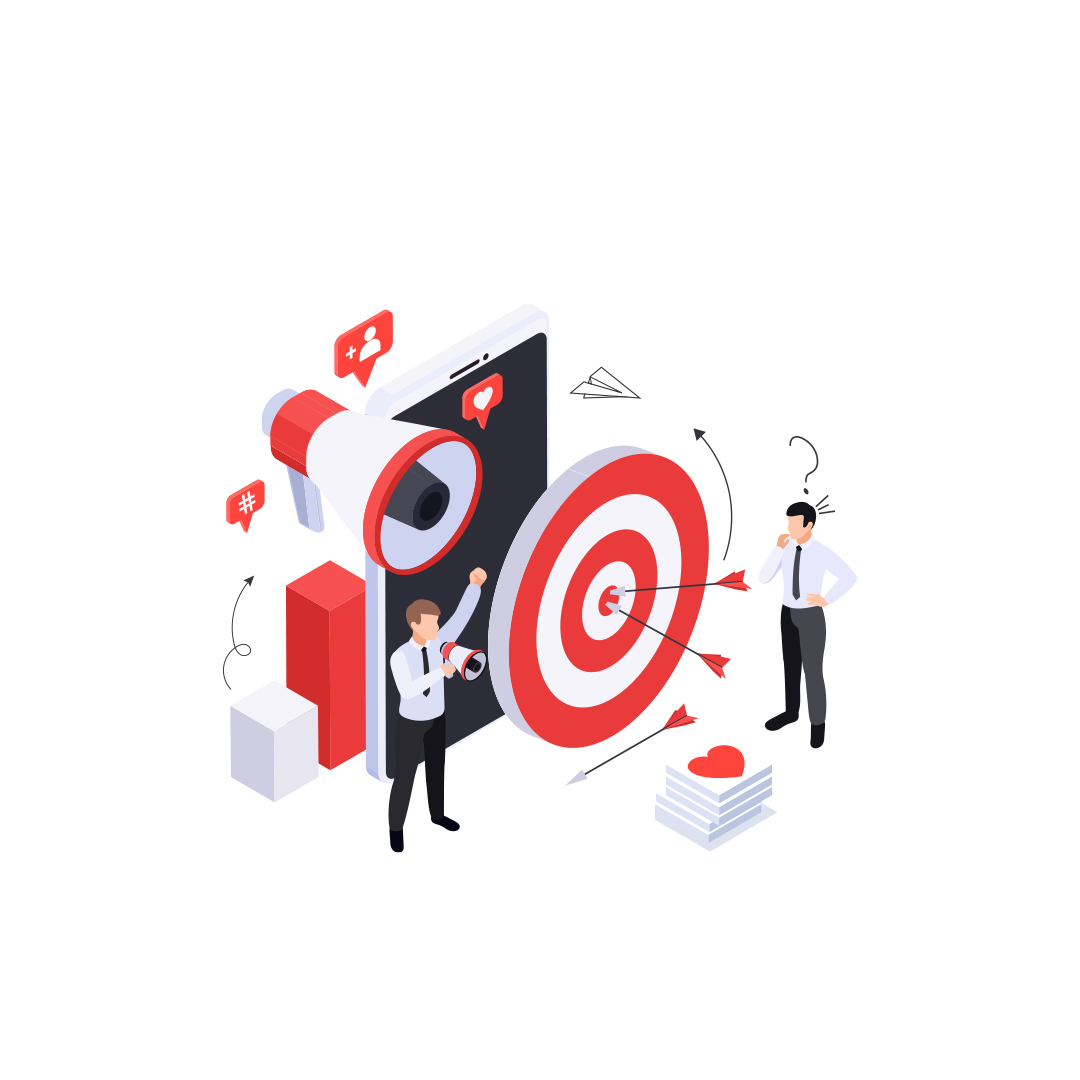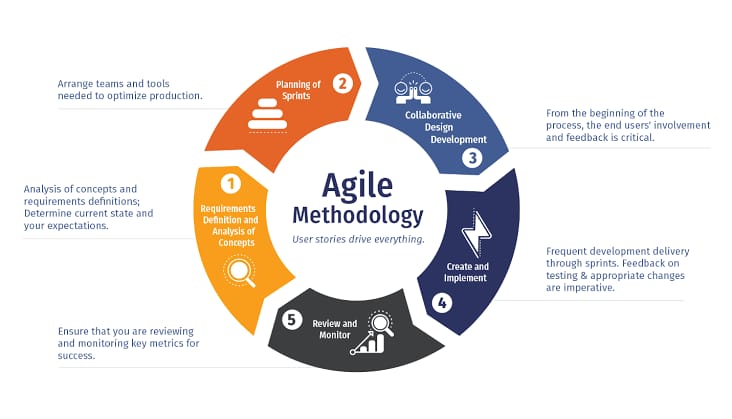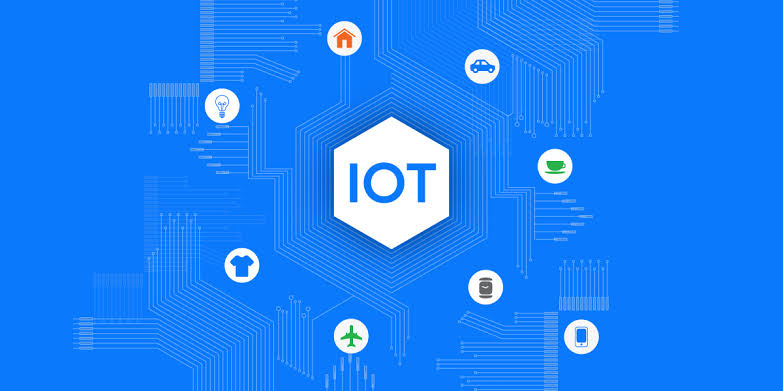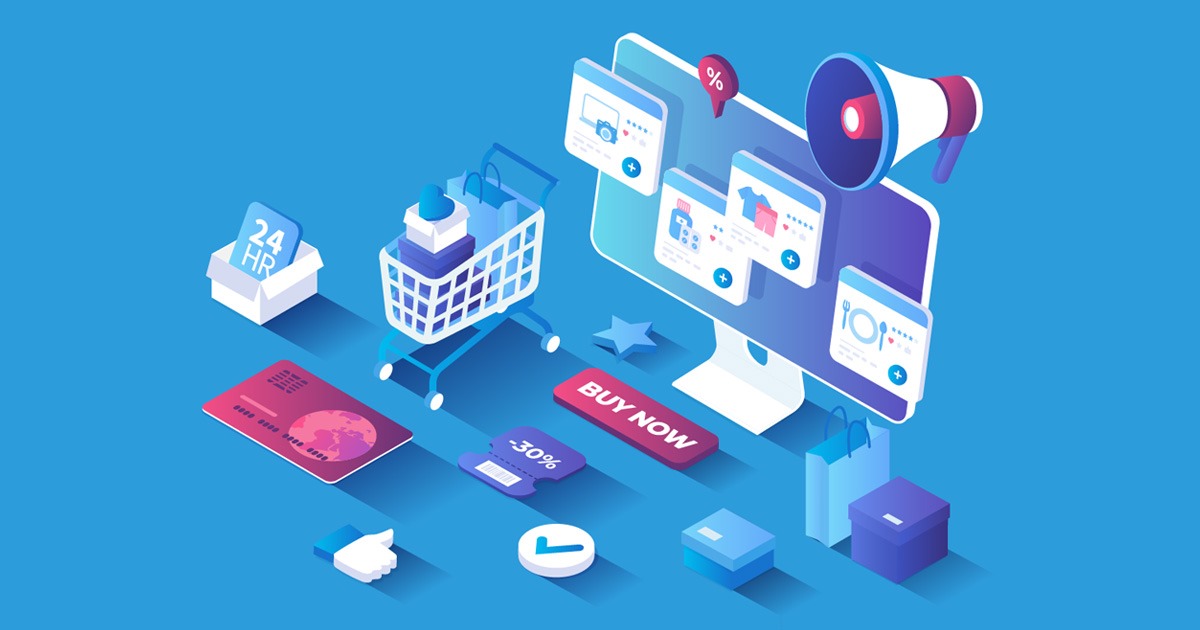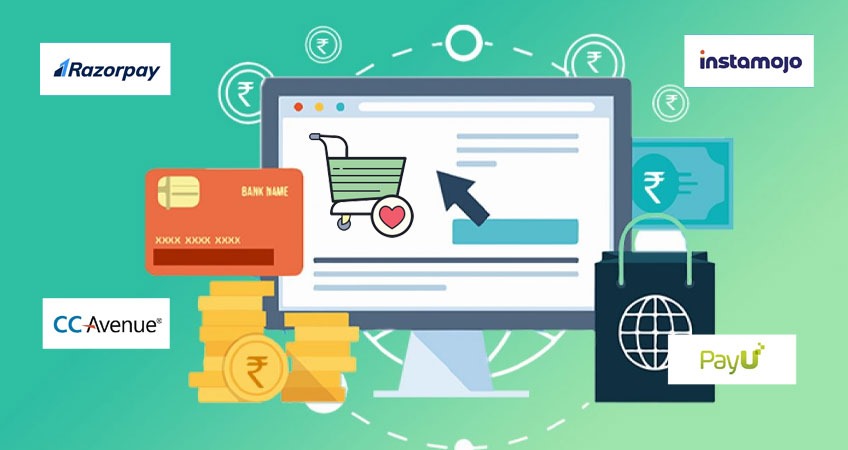Unlock Success with Strategic Digital Marketing: Expert Tips
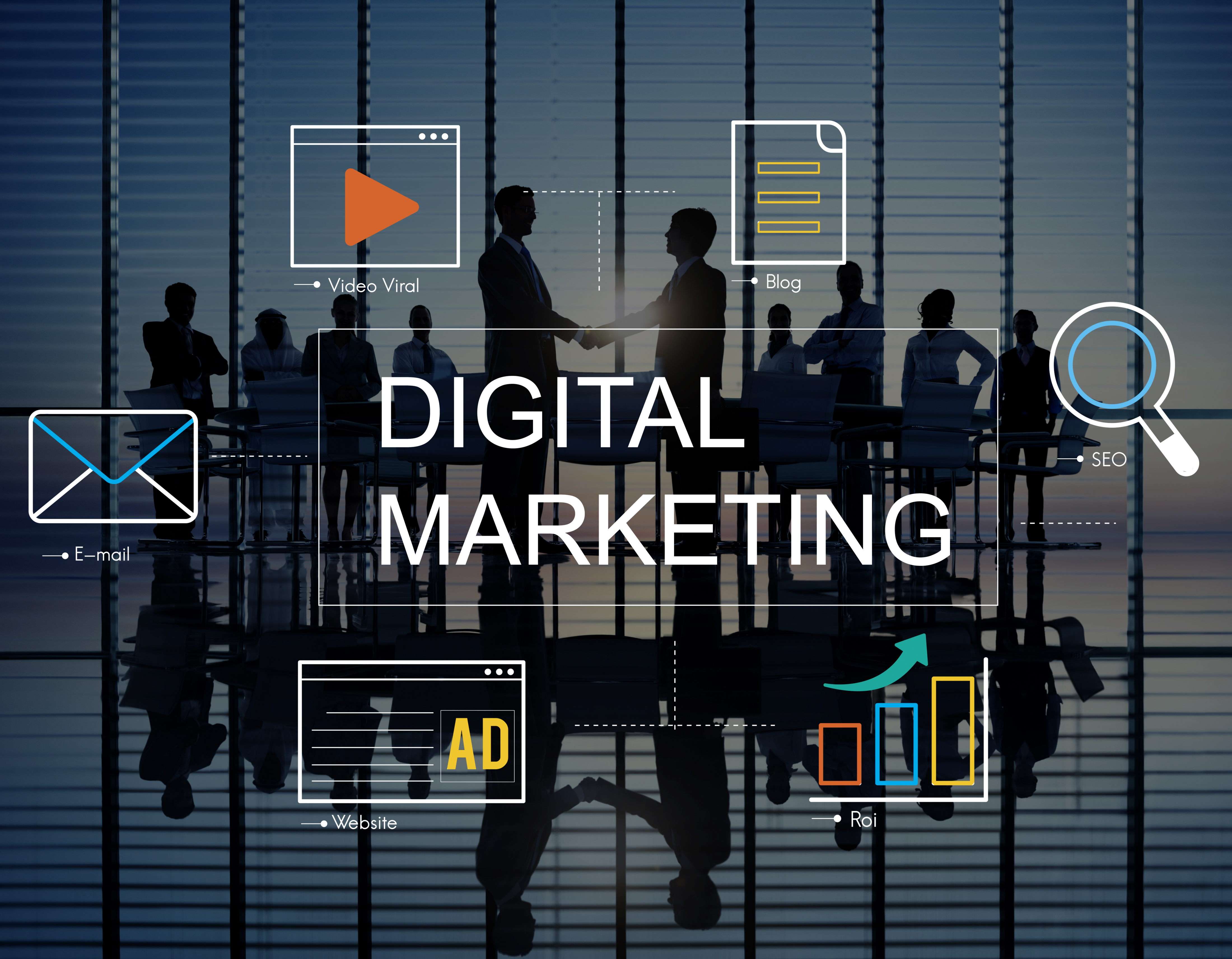
In the dynamic realm of business, where the digital landscape serves as a bustling marketplace and the gateway to global connectivity, mastering effective digital marketing strategies is paramount. Digital marketing, a multifaceted approach harnessing the power of electronic devices and the internet, has emerged as the cornerstone for businesses aiming to thrive in the contemporary marketplace. As traditional marketing paradigms make way for innovative online methods, understanding and implementing strategic approaches have become the linchpin for success. This blog sets the stage for an exploration into the intricate world of digital marketing strategies, where the fusion of creativity, analytics, and a profound understanding of the ever-evolving online audience becomes the recipe for triumph in the digital age. All marketing efforts that use electronic devices or the internet are included in digital marketing. To communicate with both present and potential consumers, businesses use digital platforms like websites, social media, email, and search engines. A strong digital marketing plan is now necessary for any organization to succeed in the digital age.
Importance of digital marketing strategies
- Global Reach: businesses can reach a wider audience with the help of Digital marketing. Through various online channels, you can connect with people around the world, expanding your market reach beyond geographical boundaries.
- Cost-Effective: Digital marketing is economical when compared to traditional marketing techniques. Employ online marketing, social media, and email strategies to connect with a vast audience at a fraction of the expense associated with traditional advertising.
- Quantifiable Outcomes: A primary strength of digital marketing lies in its ability to provide real-time monitoring and assessment of campaign performance, allowing for precise evaluation and adjustments. Businesses can obtain deeper insights into client behavior by employing analytics solutions, which enables them to modify their strategy as needed to get the desired outcomes.
- Highly focused advertising is made possible by digital marketing. You may customize your campaigns to target audiences based on their interests, activities, and demographics, making sure the right people see your message.
- Interactivity and Engagement: Digital marketing makes it possible for companies and their target audience to communicate in both directions. Email, social media, and other internet channels facilitate direct communication, involvement, and feedback, which promotes relationships with customers.
- Brand Development: Establishing and building a brand presence is easier with digital marketing. Through consistent online presence, businesses can create a strong brand image and build brand loyalty among customers.
- Adaptability: Digital marketing allows businesses to quickly adapt to changes in the market. With real-time data and analytics, you can adjust your strategies on the fly to capitalize on emerging trends or address challenges promptly.
- Increased Conversions: Effective digital marketing strategies help to achieve higher conversion rates. Whether it's driving website traffic, generating leads, or promoting sales, digital channels provide opportunities for customers to take immediate action.
- 24/7 Availability: Unlike traditional marketing, which has time constraints, digital marketing operates 24/7. Your online presence is always accessible, allowing customers to engage with your brand at their convenience.
- Competitive Advantage: A skillfully implemented digital marketing plan can give you a competitive edge in a crowded business industry. Maintaining a competitive edge in the digital sphere might help you draw in more business and differentiate yourself from rivals.
Advantages and disadvantages of digital marketing strategies
Advantages:
- Global Reach: with the help of digital marketing, businesses can cover global audiences by breaking all geographical barriers and expanding the market reach simultaneously.
- Cost-Effective: digital marketing is more economical than traditional marketing. Digital marketing strategies such as social media, online and advertising and e-mail campaigns are affordable.
- Measurable Outcomes: Digital marketing offers real-time statistics, enabling companies to assess the campaign's effectiveness and make data-driven choices for improved outcomes.
- Targeted Advertising: Precise targeting options enable businesses to reach specific demographics, ensuring that marketing efforts are directed towards the most relevant audience.
- Interactivity and Engagement: Digital marketing facilitates direct interaction with the audience through social media, comments, and feedback, fostering engagement and building stronger relationships.
- Brand Development: Establishing and maintaining a brand presence is easier with digital marketing, enabling consistent communication and image building.
- Adaptability: Digital marketing strategies can be adjusted quickly in response to market changes, allowing businesses to stay relevant and competitive.
- Increased Conversions: Well-executed digital marketing campaigns can lead to higher conversion rates, driving actions such as website visits, lead generation, and sales.
- 24/7 Availability: Digital platforms operate 24/7, providing continuous accessibility for customers to interact with a brand at any time.
- Data Collection: Digital marketing allows businesses to collect valuable customer data, enabling personalized marketing efforts and improving the overall customer experience.
Disadvantages:
- Dependency on Technology: Digital marketing relies heavily on technology, and any technical issues or disruptions can impact the effectiveness of campaigns.
- Information Overload: With the vast amount of content available online, there's a risk of information overload, making it challenging for businesses to stand out and capture audience attention.
- Security Concerns: Digital marketing involves the collection and storage of customer data, raising concerns about privacy and the potential for data breaches.
- Initial Learning Curve: Implementing digital marketing strategies may require a learning curve, especially for businesses new to online platforms.
- Increased Competition: As more businesses embrace digital marketing, the online landscape becomes more competitive, making it harder for some businesses to gain visibility.
- Rapid Changes: The digital marketing landscape evolves quickly, and businesses must adapt to new trends and technologies to remain effective.
- Negative Feedback Amplification: Negative feedback or reviews can spread quickly online, potentially damaging a brand's reputation if not addressed promptly.
- Ad Blocking: The rise of ad-blocking tools poses a challenge, as users may choose to block digital ads, reducing their effectiveness.
- Limited Personal Connection: While digital marketing allows for interaction, it may lack the personal touch of face-to-face interactions, impacting relationship building.
- Potential for Miscommunication: Digital communication can sometimes lead to misunderstandings due to the absence of non-verbal cues, potentially affecting the brand's messaging.
Objectives of digital marketing strategies
- Increase Brand Awareness: Digital marketing aims to enhance brand visibility and recognition among the target audience, making the brand more familiar and memorable.
- Generate Leads: Many digital marketing efforts focus on capturing and nurturing leads, converting potential customers into interested and engaged prospects.
- Drive Website TrafficThe goal is to attract more visitors to the company's website, providing an opportunity to showcase products or services and convert visitors into customers.
- Boost Sales: Digital marketing strategies often aim to directly impact sales by promoting products or services, running special promotions, and optimizing the online purchase process.
- Improve Customer Engagement: Building and maintaining relationships with customers through social media, email marketing, and other digital channels is a key objective.
- Enhance Customer Experience: Digital marketing focuses on providing a positive and seamless customer experience across online touchpoints, ensuring satisfaction and loyalty.
- Increase Conversion Rates: Optimization of digital channels to improve the percentage of website visitors who take the desired action, whether it's making a purchase, filling out a form, or subscribing to a newsletter.
- Build Thought Leadership: Establishing the brand or key individuals within the company as authorities in their industry through content marketing, blogs, and educational materials.
- Optimize Return on Investment (ROI): Digital marketing aims to maximize the efficiency of marketing budgets by measuring and improving the return on investment from various channels.
- Adapt to Changing Trends: Keeping up with the latest digital marketing trends and technologies to ensure that the business remains competitive and relevant in the ever-evolving online landscape.
- Create Brand Advocacy: Encouraging satisfied customers to become brand advocates, sharing positive experiences and recommendations with their networks.
Key Components of Digital Marketing:
1. On the Map, Off the Charts: Navigating SEO Excellence
.SEO is the process of optimizing your website to rank higher in search engine results pages (SERPs). This involves on-page and off-page optimization techniques to improve visibility and organic traffic.
Understanding the Foundation: On-Page Optimization
The foundation of SEO lies in On-Page Optimization. Dive into the nitty-gritty details of:
Keyword Research and Integration: Uncover the art of selecting the right keywords that resonate with your audience and strategically integrating them into your content.
- Relevance and material Quality: Examine the importance of producing pertinent, high-quality material that not only engages readers but also complies with search engine algorithms.
- User Experience and Technical SEO: Examine the technical facets of SEO, such as mobile friendliness, website performance optimization, and other elements that improve the user experience on the whole.
Extending Your Reach: Off-Page Optimization
Off-Page Optimization is the key to building your website's authority in the digital landscape. Explore:
- Backlink Building Strategies: Understand the importance of quality backlinks and learn effective strategies to acquire them from authoritative sources.
- Social Media Signals: Uncover the symbiotic relationship between social media and SEO, and how social signals can impact your website's search engine rankings.
- Online Reputation Management: Learn to manage and enhance your brand's online reputation, a critical aspect of off-page optimization.
2. Social Media Marketing - Business Brilliance in Every Scroll
Social media sites are excellent resources for increasing audience engagement and brand recognition. Choosing the appropriate channels and producing engaging content are key components of developing a social media strategy. Social Media Marketing is not just about posting updates; it's about creating meaningful connections. Explore:
- Content Diversification: Understand the importance of varied content types, from images and videos to interactive elements, and how they contribute to audience engagement.
- Community Engagement: Discover strategies to foster a sense of community around your brand by actively responding to comments, messages, and involving your audience in decision-making processes.
- Influencer Collaborations: Dive into the world of influencer marketing and learn how collaborations with influencers can significantly amplify your brand's reach.
3. Ink it, Sync it, Graph it: The Art of Content Marketing Tactics!
Content is at the heart of digital marketing. Creating valuable, relevant, and consistent content attracts and engages a target audience. Blog posts, videos, infographics, and more are included in content marketing. Content Marketing is the backbone of digital communication. Explore the diverse avenues of:
- Blogging for Success: Delve into the art of blogging, from crafting compelling headlines to maintaining a consistent posting schedule, and understand how blogs contribute to SEO and audience engagement.
- Harnessing the Power of Videos: Uncover the impact of video content in the digital landscape, including strategies for creating engaging videos that resonate with your target audience.
- Infographics for Visual Storytelling: Use infographics to convey complex information in an aesthetically pleasing and easily shared manner.
4. Precision Clicks, Maximum Impact: Mastering PPC Brilliance!
In the realm of pay-per-click (PPC) marketing, the strategy involves placing ads on search engines and social media platforms, earning compensation for each click received. It's a rapid approach to increase targeted website visitors. Pay-Per-Click Advertising offers a targeted approach to reach your audience. Learn the essentials of:
- Strategic Keyword Selection: Explore the art of selecting keywords that strike a balance between high search volume and low competition.
- Crafting Compelling Ad Copy: Understand the psychology behind effective ad copy and learn to create attention-grabbing messages that resonate with your target audience.
- Analytics and Optimization: Master the skill of analyzing campaign performance and making data-driven adjustments to maximize ROI.
5. Email Marketing:
Email marketing enables you to communicate directly with your audience. Effective email campaigns nurture leads, promote products/services, and build long-term relationships.
6. Affiliate Marketing:
Affiliate marketing involves partnering with other businesses or individuals to promote your products/services. Every sale or lead that an affiliate generates via their marketing efforts earns them a commission.
7. Influencer Marketing:
You can grow your audience by contacting well-known figures in your industry. Influencers are loyal followers, and their endorsements can help your business seem more credible.
8. Analytics and Data Analysis:
Data is crucial for refining and optimizing your digital marketing strategy. Analyzing user behavior, traffic sources, and conversion rates provides insights for continuous improvement.
Digital Marketing Strategies:
- Define Your Goals: Establish specific, quantifiable goals before launching into digital marketing. Having clear goals will direct your strategy, whether it's enhancing sales, producing leads, or growing website traffic.
- Recognize Your Audience: Understanding your target market is essential. To comprehend the needs, tastes, and online behavior of your customers, create individual buyer profiles. Make sure your advertising and content speak to your target demographic.
- SEO Optimization: Make sure your website is search engine optimized by conducting keyword research. Create high-quality, relevant content that answers user queries. Regularly update and improve your site's SEO to stay competitive.
- Content Calendar and Strategy: Develop a content calendar outlining topics, formats, and publication dates. Maintaining consistency is essential. To accommodate a range of audience tastes, create a number of content kinds.
- Social Media Engagement: Choose social media platforms based on your target audience. Interact with customers through messages, comments and discussions. Use a mix of organic and paid strategies to maximize reach.
- Email Campaigns: Segment your email list based on demographics, behavior, or preferences. Craft personalized and compelling email campaigns. Monitor metrics like open rates and click-through rates to refine your approach.
- PPC Advertising: Conduct thorough keyword research for your PPC campaigns. Create compelling ad copy and use A/B testing to optimize for the best results. Monitor and adjust your budget and bidding strategies regularly.
- Affiliate and Influencer Collaborations: Identify potential affiliates or influencers aligned with your brand. Establish clear terms and incentives. Monitor the performance of affiliate marketing campaigns and nurture relationships with influencers.
- Analytics and Continuous Improvement: Regularly analyze data from various channels. Identify successful strategies and areas for improvement. Adjust your tactics based on data insights to ensure ongoing success.
Digital marketing is dynamic and flexible. Businesses need to be flexible, adjust to shifting consumer preferences, and make use of all available digital channels in order to prosper. Businesses may build a comprehensive and successful digital marketing plan to accomplish their objectives and maintain their competitive edge in the digital marketplace by incorporating the essential elements and tactics outlined above. The path is thrilling and challenging in the constantly changing field of digital marketing. As we come to an end of this investigation of digital marketing tactics, it is clear that being successful in the digital sphere necessitates a careful balancing act between data-driven precision, creativity, and adaptability, rather than merely a passing familiarity with different platforms and tactics. The strategies outlined serve as a compass, guiding businesses through the vast and interconnected digital terrain. In the face of constant change, the ability to redefine goals, understand audiences, optimize content, and embrace emerging trends becomes not just a strategy but a mindset. As businesses navigate this digital odyssey, the integration of these strategies propels them not only towards current success but also ensures resilience in the face of the unpredictable future of the online marketplace. Digital marketing strategies are not merely tools; they are the keystones that unlock the doors to sustained relevance, engagement, and triumph in the ever-shifting sands of the digital landscape.
Recent Stories
500k Customer Have
Build a stunning site today.
We help our clients succeed by creating brand identities.
Get a Quote









